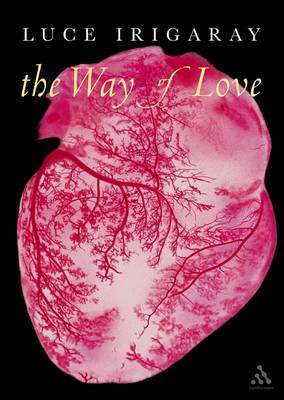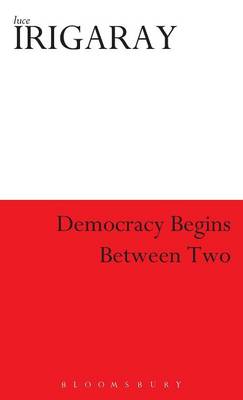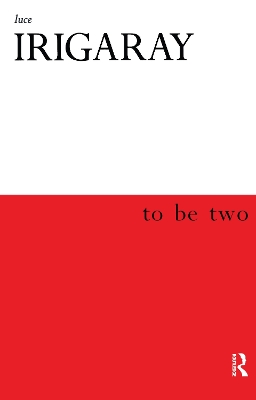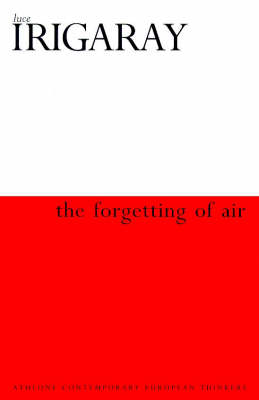Athlone Contemporary European Thinkers S.
4 total works
The Way of Love asks the question: How can we love each other? Here Luce Irigaray, one of the world's foremost philosophers, presents an extraordinary exploration of desire and the human heart.
If Western philosophy has claimed to be a love of wisdom, it has forgotten to become a wisdom of love. We still lack words, gestures, ways of doing or thinking to approach one another as humans, to enter into dialogue, to build a world where we can live together.
If Western philosophy has claimed to be a love of wisdom, it has forgotten to become a wisdom of love. We still lack words, gestures, ways of doing or thinking to approach one another as humans, to enter into dialogue, to build a world where we can live together.
In "Democracy Begins with Two" Luce Irigaray calls for a radical reconsideration of the so-called democratic bases of Western culture. In a series of essays covering the earlier 1990s she argues the urgent need for our society to grant full recognition to both the genders which contribute to its functioning. If we are to look on ourselves as fully democratic this recognition must take the form of specific civil rights guaranteeing women a separate civil identity of their own, equivalent to, though not simply the same as, that enjoyed by men. Ranging across topics as diverse as happiness, the family, the construction of the European Union, the transition from natural to civil existence and love, Irigaray exploits her resources as a writer - philosophical, linguistic, psychoanalytical, poetical -to their rhetorical limits. She interweaves her personal experience of an emotional and politico-professional partnership with her re-reading of History, past and present.
First published in 2001. Routledge is an imprint of Taylor & Francis, an informa company.
A feminist critique of Heideggar's key concepts, arguing that he overlooks an implicit debt to the spatiality of air - the element and dimension within which a new style of thinking and existing becomes possible, a new and more balanced, feminist relationship between thinking and nature.



